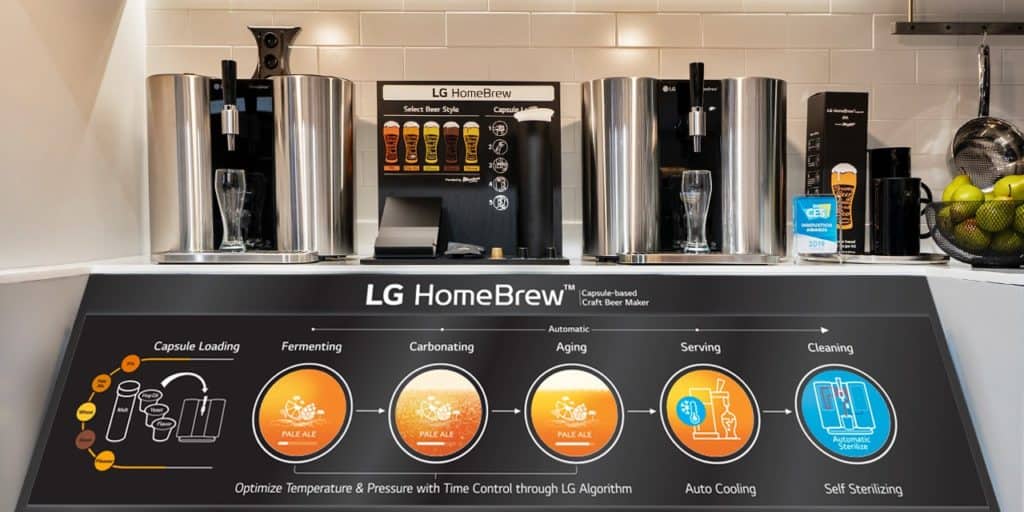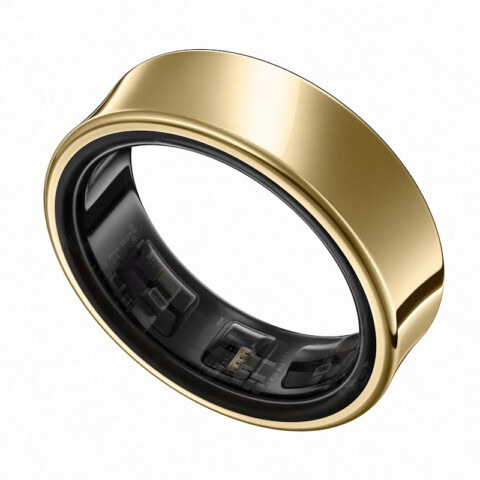Technology can both help and hinder a decent night’s sleep. PAT PILCHER selects the gadgetry tips that might just help bring the sandman to your bed tonight, and also takes a look at what science has to say about sleeping.
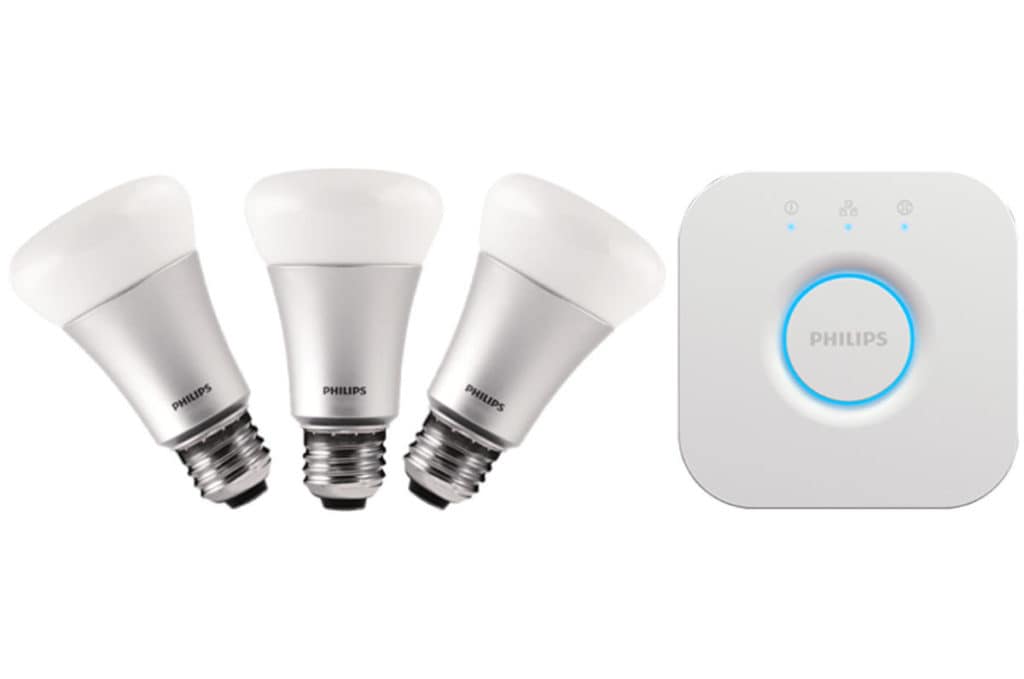
Visiting the land of nod need not be a challenge, yet for so many of us, it is. There’s nothing quite as wrong as waking up more tired than when you went to bed. Keenly aware of how stressful this is, we at Witchdoctor towers have left no stone unturned in our search for gadgetry to help when the sandman pops over.
Philips Hue Smart Light Bulbs
If someone had said a few years back that smart lights would be a thing I’d have laughed, yet Hue is an indispensable part of my cache of sleep tech. Not only can they be almost any colour (or brightness), they can also mimic nearly endless white shades. The Hue Labs app can also perfectly mimic a sunset, which gradually dims down as you drift off to snores-ville. I was stunned at how effective it was in helping me sleep, with its artificial yet gentle dusk. Equally useful, Philips Hue also does a wicked number with wakeup routines, which see them brightening gently to help wake you up. In deepest winter, when the mornings are so often dark, the Hue’s wakeup capabilities have proved to be a godsend more often than I can count.
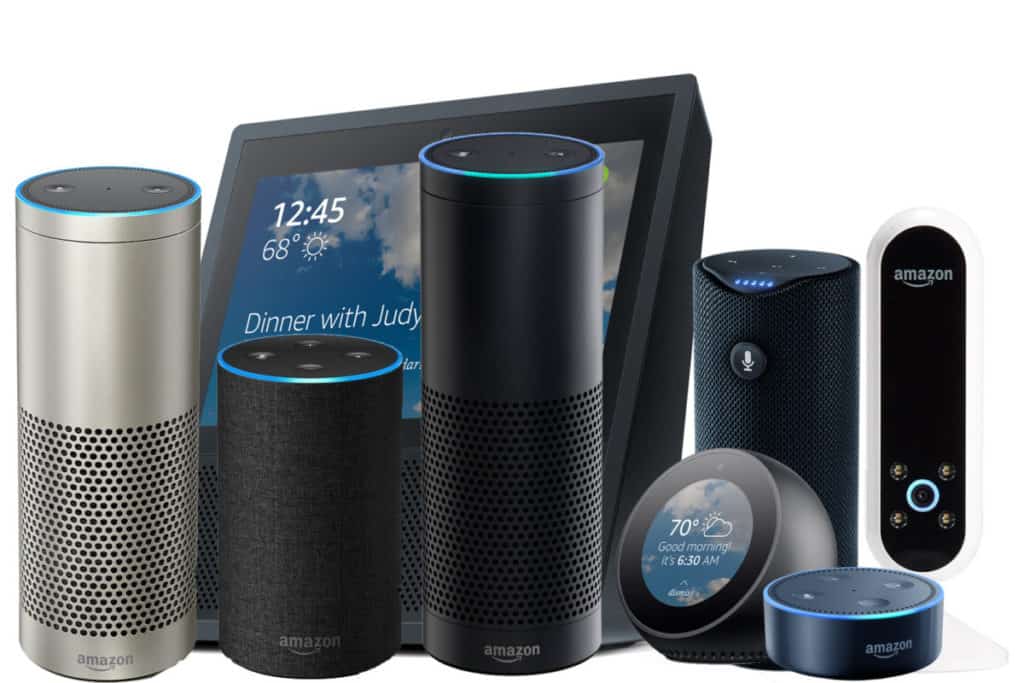
Alexa
Alexa and Hue go together like peanut butter and jam in helping you get a decent night’s sleep and a gentle wake up. US Alexa users recently found Amazon had introduced capabilities that allowed Alexa to tweak Hue smart lights with sleep or wakeup lighting. This happens when you tell Alexa to set an alarm “with lights”. You will soon also be able to add lights to sleep timers, which will gradually dim them as the timer counts down. These features have yet to reach our part of the world and are only just rolling out to American Alexa users.
Another neat Alexa trick to help you achieve a somnambulistic state is guided meditation. If this conjures up visions of hippy-dippy, kaftan-wearing yoghurt slurpers, relax (pun intended). Guided meditation has been proven by sleep specialists as a powerful way of clearing your mind of the day’s stresses before you try to sleep. Alexa has guided meditation baked in. All you need to say is “Alexa, open Guided Meditation”. Amazon updates things with a meditation of the day, so there’s always a new meditation routine.
If meditation isn’t your jam and you are looking for a less involved way of catching the sleep express, just say, “Alexa, play rain sounds”. Alexa will immediately conjure up a gentle rain shower, which has been proven as a powerful sleep aid. A downside with this is that rain sounds continue to play until you tell Alexa to stop. Fixing this is as simple as creating an Alexa routine to make the rain sounds stop after a pre-specified time.
If falling asleep to rain is becoming a little monotonous, try enabling Alexa’s Sleep and Relaxation Sounds skill. There are over 125 different sounds to choose from. These range from thunderstorms, ocean sounds and even crickets. Getting one to suit involves saying, “Alexa, tell Sleep Sounds to play thunderstorms”, or whichever sleep sound you’re wanting to hear. There’s also a sleep timer so they won’t play all night long. This can be set by saying, “Alexa, set a sleep timer for three hours”. If the room is too dark, try using Alexa as a night light by firing up your Echo’s light ring. Just say “Alexa, open night light”, and the top of your Echo will gently glow and pulse.
If the kids are refusing to sleep and wearing you down, don’t worry, Alexa’s got your back. She’ll read your kids a short bedtime story. You’ll have to enable the skill in the Alexa app (there’s a multitude to choose from, some offer multiple stories that can also include your child’s name). Once you’ve found and enabled the skill, just say “Alexa, open bedtime stories and play all stories”.
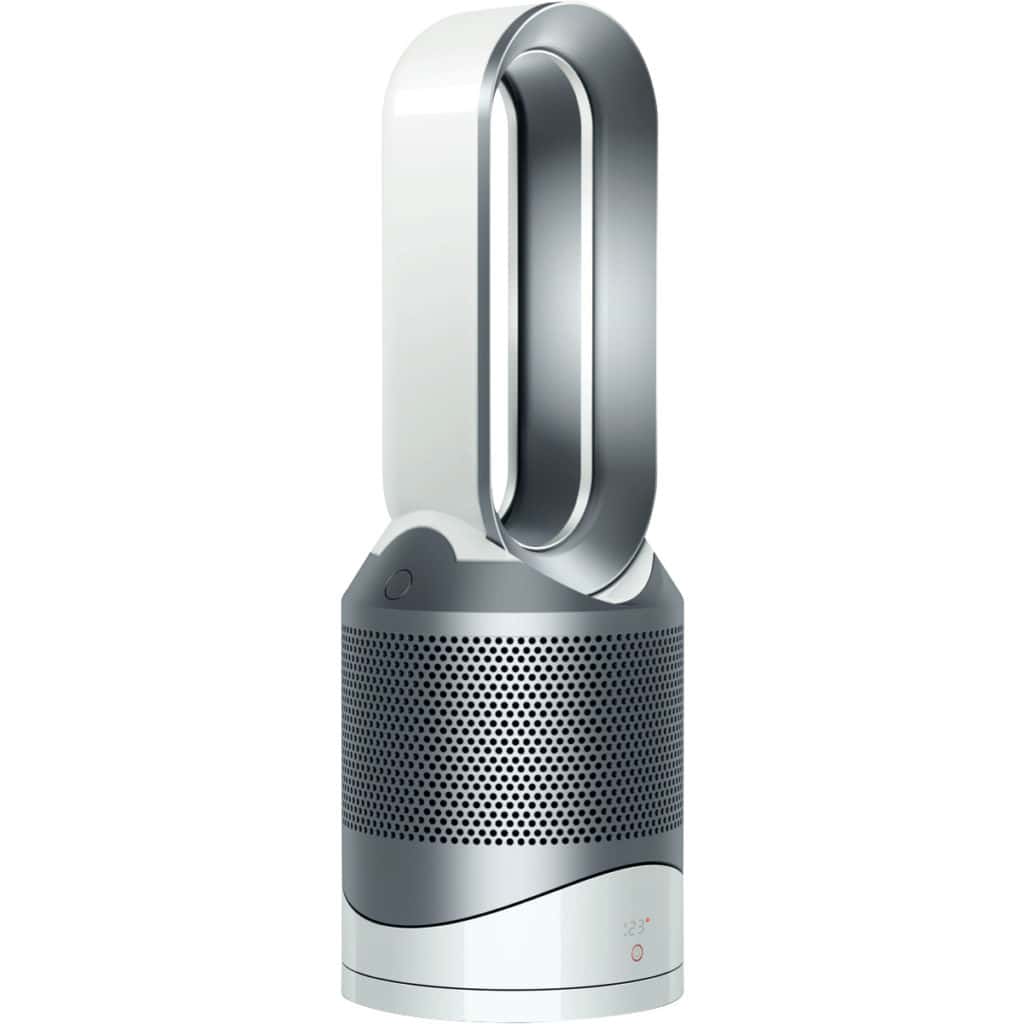
Dyson Hot+Cool
Getting to sleep in a hot stuffy room on a summer’s night is my bête noire. After tossing and turning, I’m usually sweaty, tangled up in the duvet and stressed about not getting to sleep. It turns out that this isn’t all that abnormal. Numerous sleep studies show that crisp cold air plays a significant role in helping get a decent night’s slumber.
Mindful of this, I plugged in Dyson’s amazing Hot+Cool bladeless fan. Leaving windows open in Wellington is a lot like inviting a hurricane into your bedroom. Running our central heating system on fan-only mode simply pushes the same old stale air with all the cleaning products I use around the house. Then there’s our proximity to Wellington’s town belt, whose pollen in spring and summer gives my wife terrible hay fever.
Getting around these issues saw me testing the Dyson Pure Hot+Cool. It’s got industrial strength HEPA filters, so as well as being a pretty spiffy fan, is also a top-notch air purifier. My theory was that by circulating air about the bedroom, I’d keep chill, and get a decent night’s kip. By collecting and capturing pollutants, my wife could stack some Zs too. There is one catch. Having a fan blowing on me isn’t conducive to getting to sleep. Dyson had anticipated this and had built in a cool (pun intended – I’m on form!) function that directs airflow out the back of the fan. This meant that air was circulating in the room but not blowing in my face. I awoke to crisp and fresh air. Brilliant!
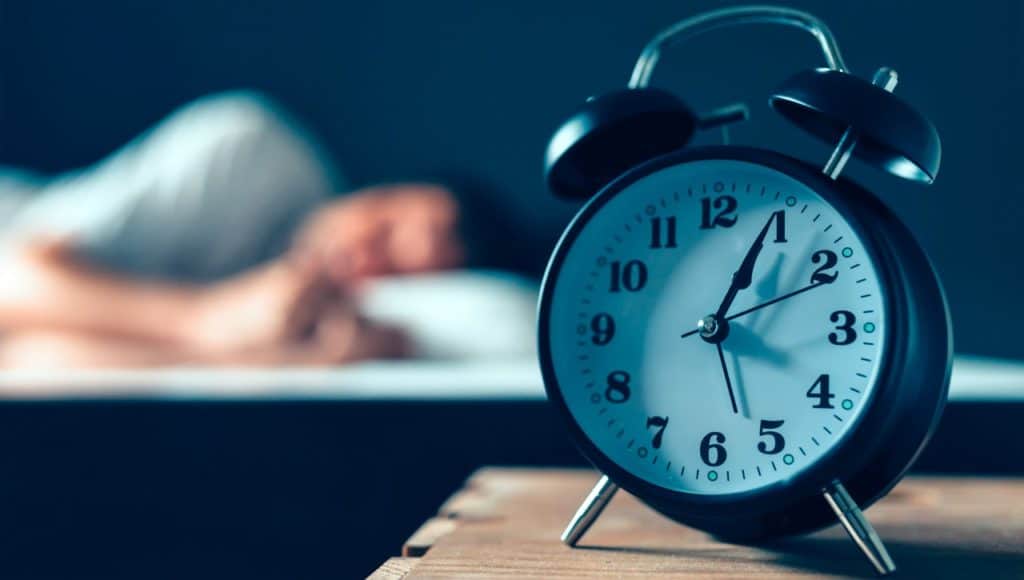
11 Tips For A Good Night’s Sleep
Sleep researchers recommend a bunch of simple life hacks for a good night’s sleep. These are:
- Bright light exposure during the day – You have a natural clock known as your circadian rhythm which affects your brain, body and hormones. It helps you stay awake and tells your body when it’s time to sleep. Natural sunlight or bright light during the day makes for a healthy circadian rhythm. If you work in an environment with artificial light (e.g. an office), make a point of getting daily sunlight exposure.
- Less blue light in the evening – Although sunlight during the day is good, night-time light can have the opposite effect by tricking your circadian rhythm into thinking it’s still daytime. Hormones such as melatonin don’t get produced, and these will help you get to sleep. Avoid smartphones, tablets, computers and TVs at least two hours before heading to bed. Alternatively, wear glasses that block blue light. Check to see if your tablet/PCs/phones have a night mode, which switches to warm backlighting during the haunting hours.
- Avoid caffeine late in the day – A dose of caffeine may enhance your focus and boosts energy levels, but when it’s drunk late in the day it can prevent you from sleeping. Try to avoid caffeine at least six hours before bed.
- Avoid long daytime naps – Short power naps can be beneficial, but more extended napping during the day has been found to affect sleep. Sleeping in the daytime can confuse your body clock, and as a result, you could find that you struggle to get to sleep at night. While several studies have found that napping for 30 minutes or less enhances brain function, longer naps negatively affect overall sleep quality.
- Try to sleep and wake at the same times – Having consistent sleep and waking times has been found to aid sleep quality. Studies have found that people with irregular sleep patterns often reported poor sleep. Sleep scientists say that after several weeks of waking up and going to bed at similar times, you’ll begin to wake up without the use of an alarm.

Sweet dreams… - Lay off the booze – A few drinks at night can affect sleep quality. Alcohol is known to increase sleep apnoea, snoring and disrupted sleep patterns and alter night-time melatonin production, as well as decreasing natural night-time levels of human growth hormone (HGH), which is key to your circadian rhythm.
- Set your bedroom for sleep – Use the tech above to tweak noise and light levels. High noise levels can cause poor sleep while improved sleep quality typically happens when noise and light levels are diminished.
- Keep cool – Body and bedroom temperature have been found to impact sleep quality and studies have found temperature can affect sleep quality more than noise or light. Around 20°C is the optimal sleep temperature for most people, but this varies considerably from person to person.
- Don’t eat late – Eating at night can impact on the natural release of HGH and melatonin. If you have a medical condition, which requires regular food intake, talk to your doctor before trying this.
- Clear your mind – Replaying a stressful day or worrying about the following day is a well-known sleep killer. Studies have found that using relaxation techniques before bed can result in significant improvements in sleep quality. These can include relaxing music, reading a book, a soak in a hot bath and even meditation.
- Rule out sleep disorders – If you are concerned that you are not getting enough sleep, check with your doctor to rule out any health conditions that may be causing sleep problems. These can include sleep apnoea, which causes inconsistent and interrupted breathing. Other issues can include sleep movement disorders (sleepwalking, restless leg syndrome, and so on).








